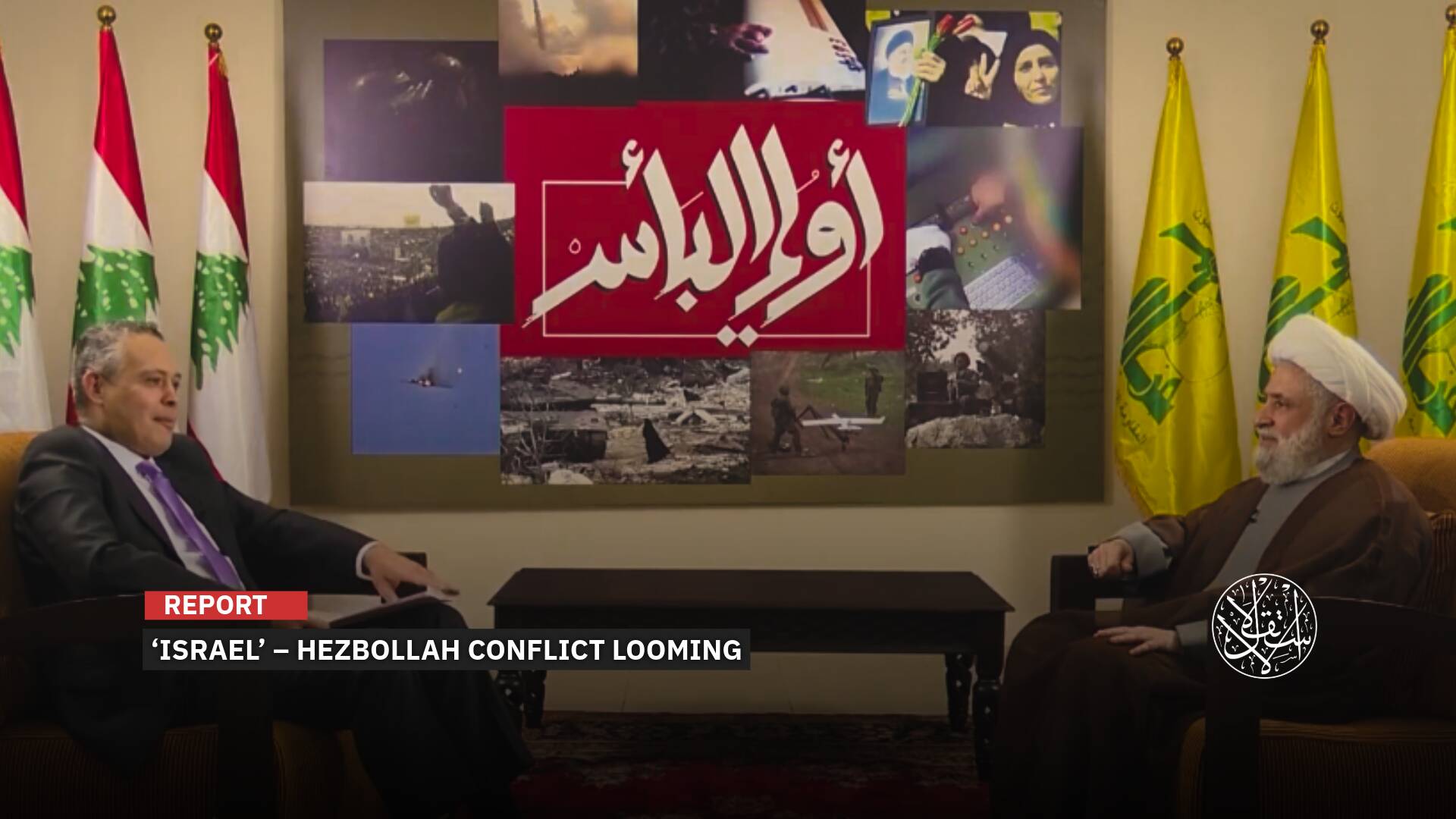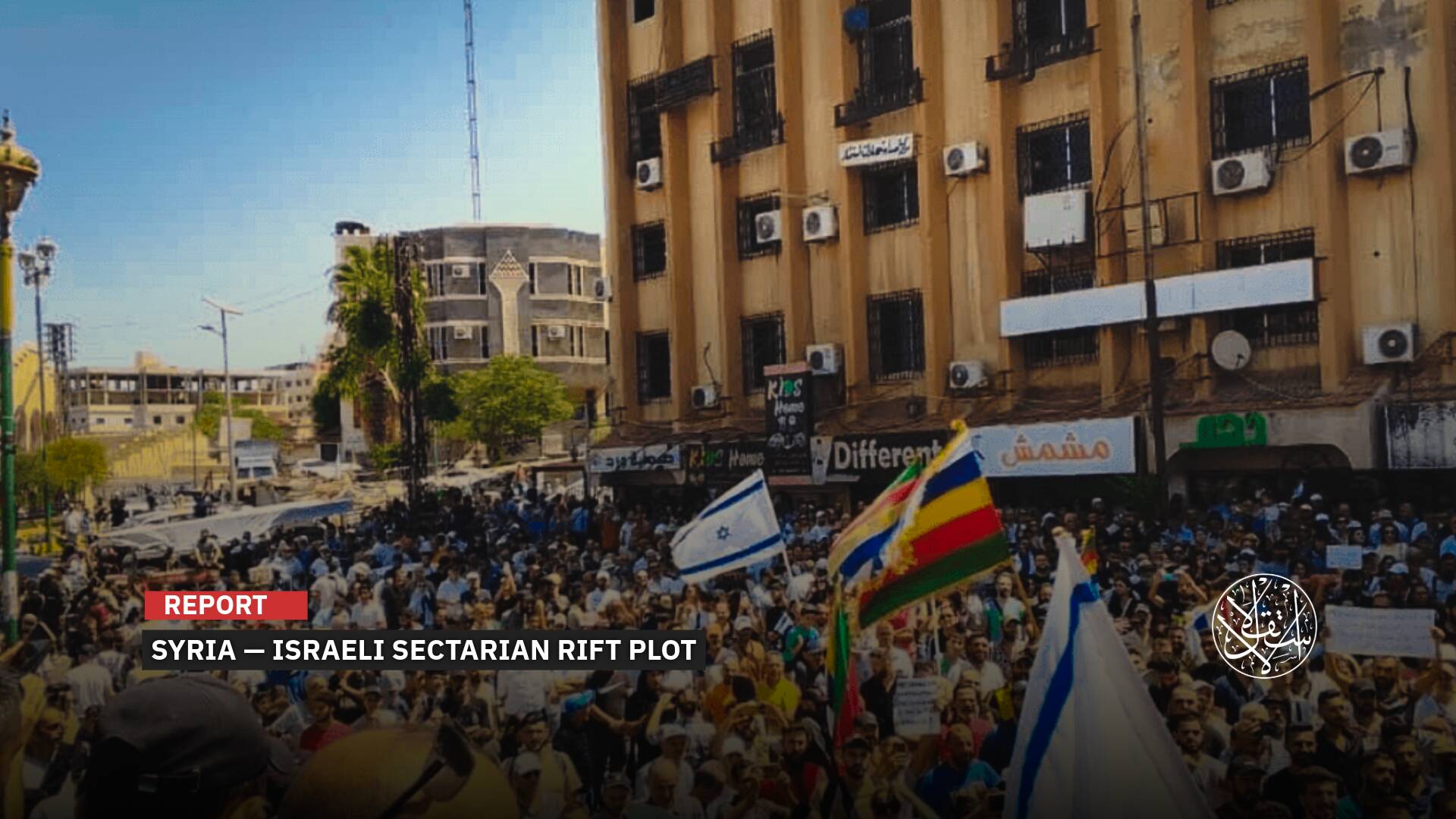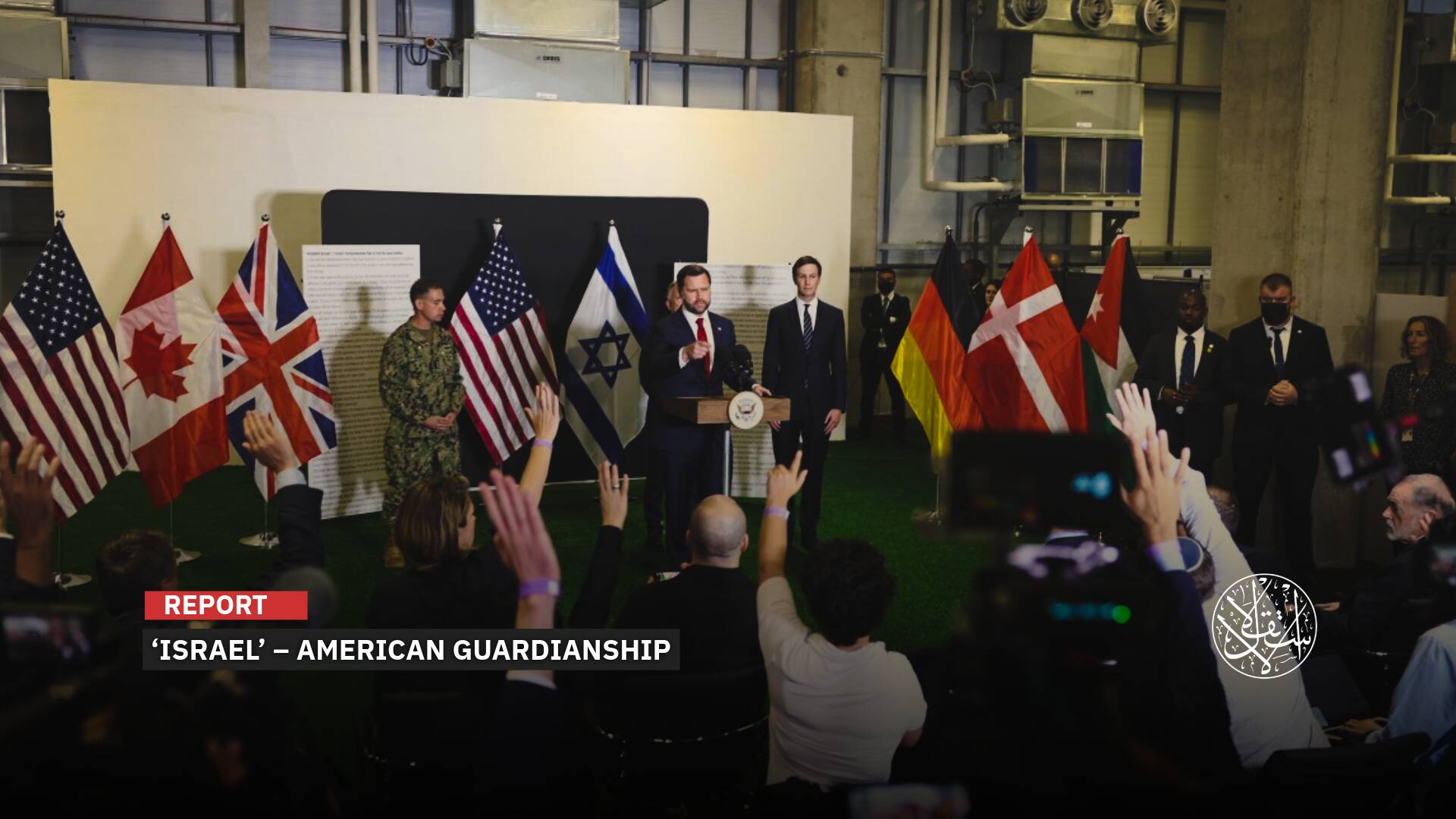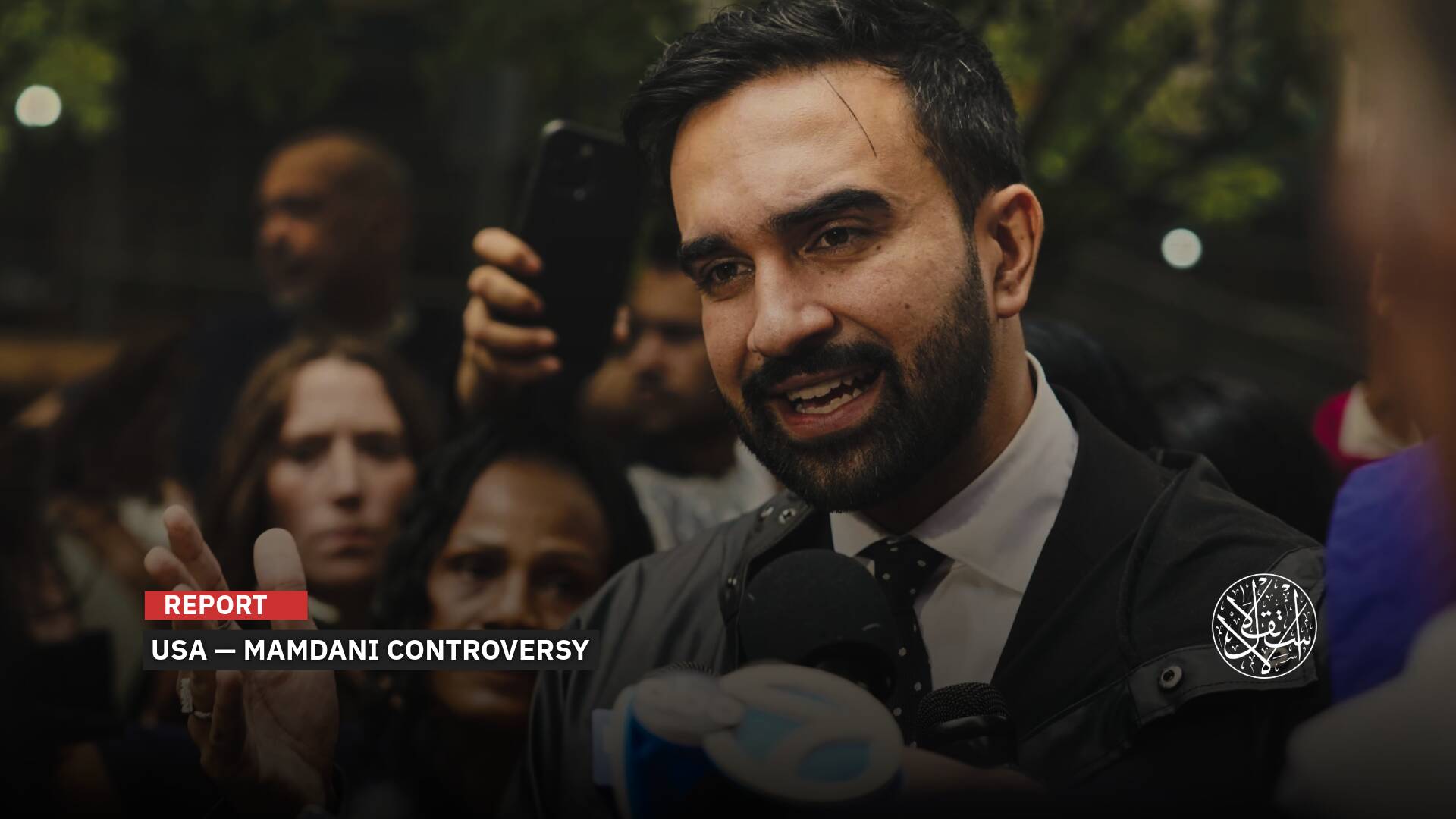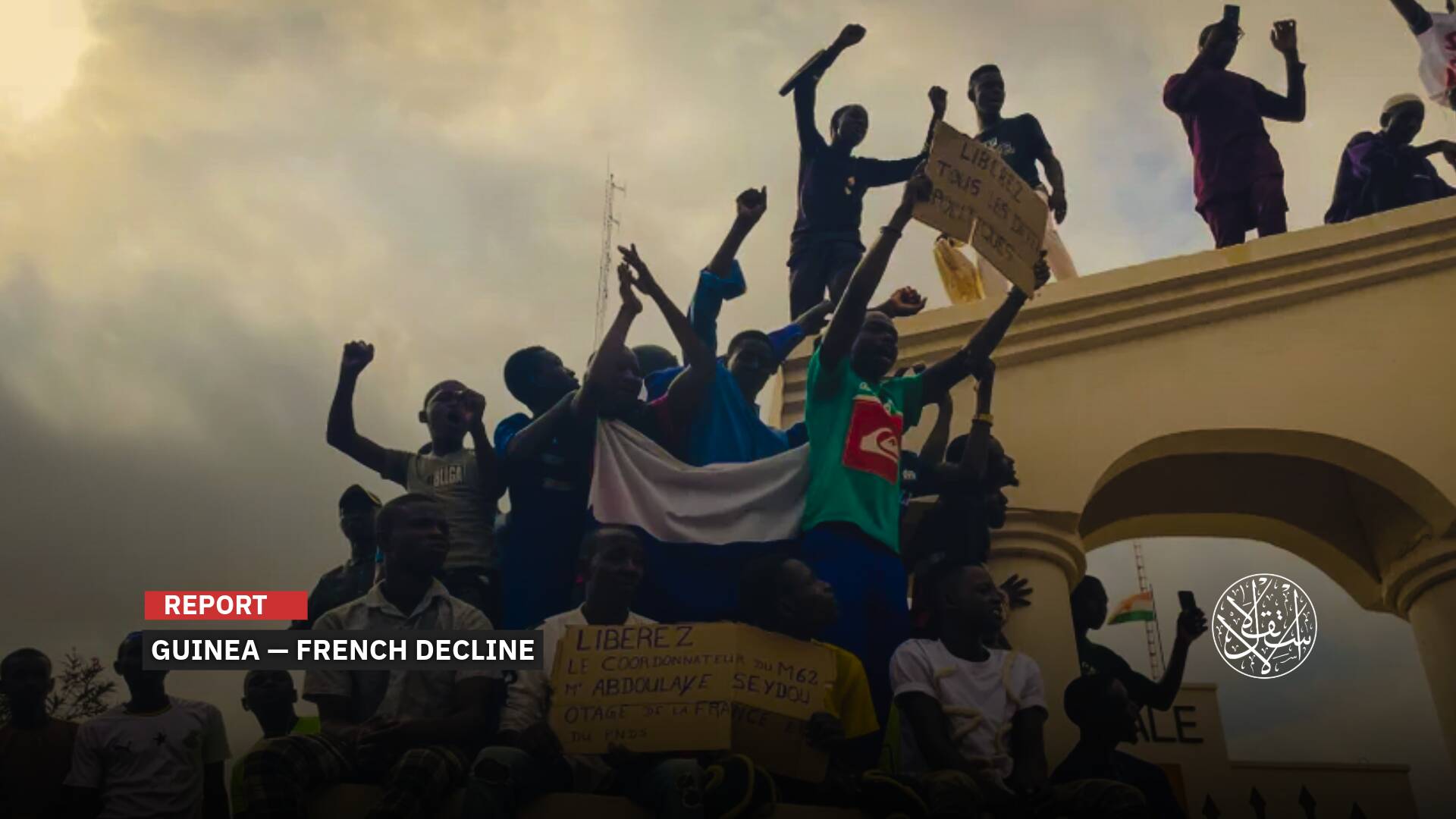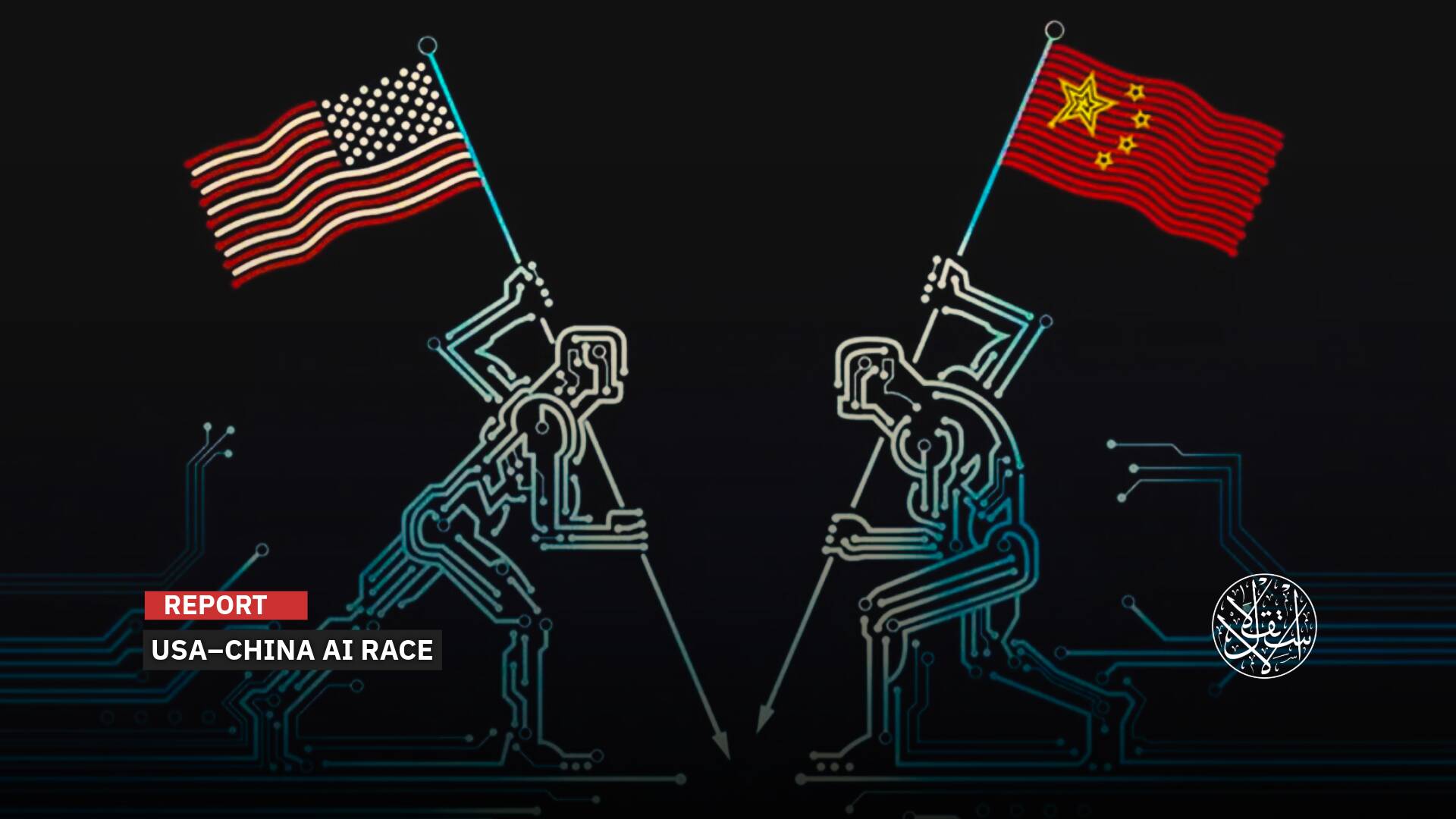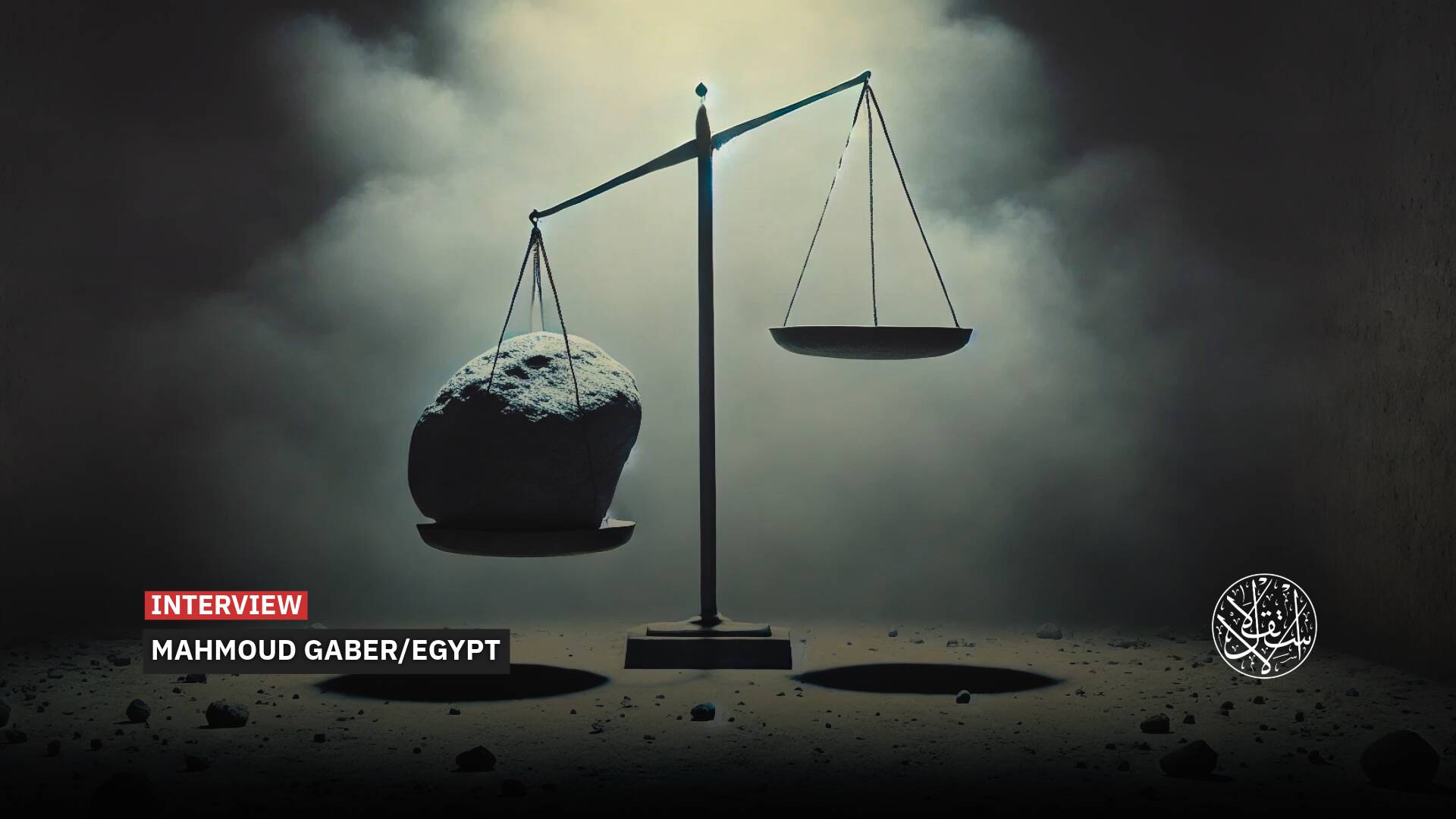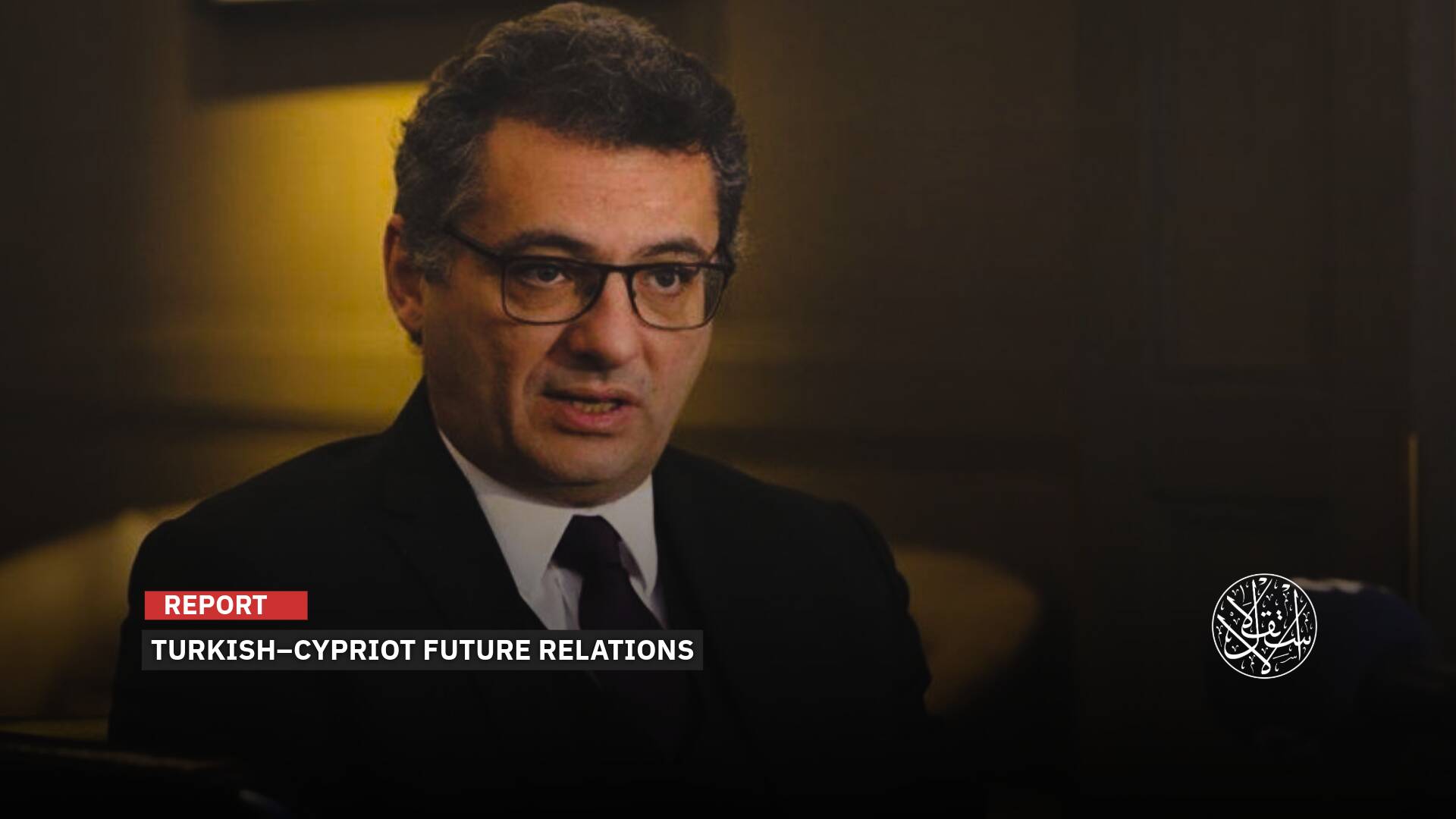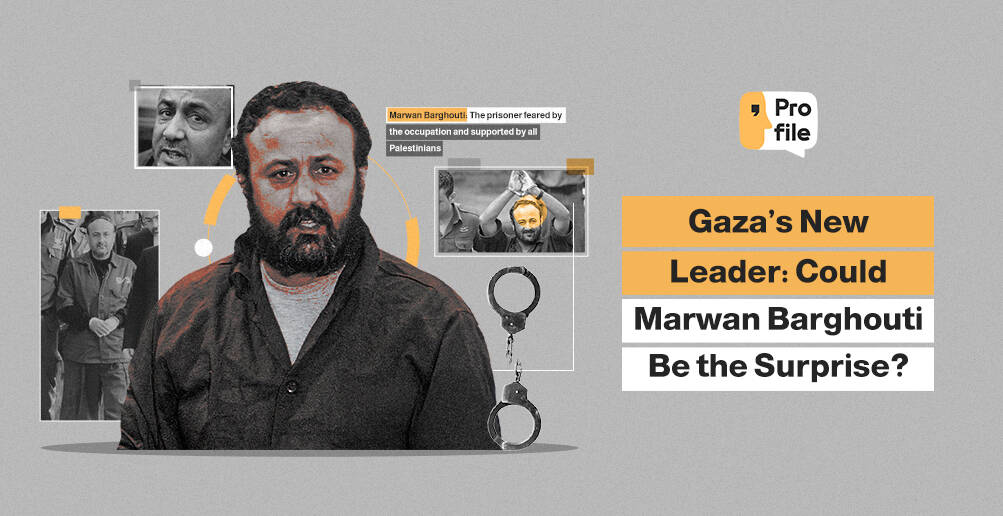The Future of Iraq, Yemen, Lebanon, and Syria: What’s Behind the Saudi Defense Minister’s Visit to Tehran?

The Saudi defence minister’s visit to Tehran is extraordinary in both timing and nature.
In a visit timed at a particularly sensitive moment, Saudi Defence Minister Khalid bin Salman’s plane touched down in Tehran on April 17, 2025, marking the beginning of a series of high-level meetings with key Iranian officials.
The visit has raised numerous questions about the timing of this move and its potential outcomes.
During his stay, bin Salman held official talks with Supreme Leader Ali Khamenei, President Masoud Pezeshkian, and Chief of Staff of the Iranian Armed Forces, Mohammad Bagheri.
The King’s Message
The Saudi Defence Minister's visit also carried a handwritten message from King Salman bin Abdulaziz to Supreme Leader Ali Khamenei, according to the official Saudi Press Agency (SPA) on April 17.
The minister conveyed the Saudi monarch and Crown Prince Mohammed bin Salman’s greetings, extending their best wishes for continued progress and prosperity to the Iranian government and people.
The meeting also provided an opportunity to review bilateral relations and discuss matters of shared interest.
“We believe that the relationship between the Islamic Republic of Iran and Saudi Arabia will be beneficial for both countries and the two countries can complement each other,” Ali Khamenei told visiting Saudi defense minister Prince Khalid bin Salman on Thursday.
Khamenei said that the expansion of relations between Iran and Saudi Arabia has its enemies, adding, "These hostile motives must be overcome and we are ready in this regard," according to the Supreme Leader's official website.
In discussing some of the progress made by Iran, Khamenei remarked that his country is ready to assist Saudi Arabia in these areas, emphasizing that cooperation among regional brothers is far more beneficial than relying on external powers.
Iranian President Masoud Pezeshkian underscored the need to strengthen unity and harmony within the Muslim world, calling for an expansion of bilateral cooperation between Iran and Saudi Arabia across all sectors, and leveraging their shared potential to address regional issues.
During his meeting with the Saudi Defence Minister, Khamenei highlighted the deep religious, cultural, and historical bonds between Islamic countries, stating, "We consider you our brothers, and since my government assumed office, I have been keen to enhance fraternal ties among Islamic nations."
He further emphasized that the Islamic Republic of Iran is fully prepared to expand its relations with Saudi Arabia across all sectors, aiming to broaden bilateral cooperation to include other Islamic countries.
Pezhkishian welcomed the establishment of joint working groups in political, economic, and security fields between the two countries, stating that Iran and Saudi Arabia, by relying on their shared potential and without foreign interference, could resolve many of the region's issues.
“I have come to Tehran with the intention of expanding relations between Saudi Arabia and Iran and fostering cooperation in all areas. I sincerely hope that the constructive dialogue we have had will pave the way for stronger ties between our countries than ever before,” Saudi Defence Minister Khalid bin Salman said, reflecting on his visit to Tehran.
He stressed the importance of rapprochement within the Islamic world, noting that any development, whether positive or negative, in the region would impact all its countries.
He underscored the central roles of Tehran and Riyadh in shaping regional dynamics, describing them as the two main pillars of the region.
The Saudi official also pointed out that Iran and Saudi Arabia share similar positions on developments in Gaza and Palestine, highlighting that Israeli crimes in Gaza, the West Bank, Lebanon, and Syria reflect attempts to exploit the existing vacuum in the region.
The Saudi minister further emphasized the importance of maintaining bilateral dialogue, presenting an official invitation from the Saudi King and Crown Prince to President Pezeshkian for a formal visit to Saudi Arabia.
He affirmed the readiness of Saudi officials to expand cooperation across all sectors.

Exceptional Visit
Commenting on the timing of the visit and its expected outcomes, political analyst on Middle Eastern affairs, Imad al-Din al-Jubouri, said, "Although it was at Iran's request, and despite the Iranian Defence Minister’s statement that its aim is to develop relations between the two countries, it is undeniable that Saudi Arabia's weight prompted Iran’s desire to intervene in its crisis."
Al-Jubouri explained to Al-Estiklal that Iran's current situation, cornered by the U.S., which has deployed its fleets and forces in the region, is further complicated by the Oman-mediated negotiations.
However, the Saudi influence with the United States remains stronger and further-reaching than that of any other Arab state, given its regional standing and global weight.
"Iran does not want its relationship with Saudi Arabia to be limited to bilateral cooperation alone. The purpose of this visit, therefore, is for Saudi Arabia to play a role commensurate with its influence with the United States, and at the very least, to assist Iran during this critical phase it is currently navigating."
"Especially since there is an upcoming meeting (a second round) between Washington and Tehran in Rome in the coming days, Iran seeks to gain a leverage point that could help ease the U.S.'s hardline stance on its nuclear program, as well as on other American demands regarding Tehran's policies in the region," al-Jubouri continued.
"Iran is in an extremely precarious position, one it has not experienced in over four decades. Therefore, it views the invitation to the Saudi minister and the subsequent talks, particularly on military matters, as an opportunity to find some relief from the pressure, as Saudi Arabia’s ties with the United States could prove helpful."
In this regard, al-Jubouri expressed hope that Saudi Arabia could also play a role in curbing Iran’s influence in favor of the Arab region, as Iran's policies over the past four decades have consistently worked against Arab states. We have seen how its agenda has played out in Syria, Iraq, Lebanon, and Yemen.
Researcher at the Al Jazeera Center for Studies, Liqaa Maki, described the Saudi Defence Minister's visit to Tehran as "entirely exceptional, both in its timing and its nature. The outcomes of this visit could prove decisive in shaping the future of the region, including the fates of Iraq, Yemen, Lebanon, and Syria."
"We will see if the new regional context will push Iran towards a more rational approach that halts its meddling in regional countries and compels it to accept the reality on the ground. This is evident in its negotiations with the United States, as well as the Saudi Defence Minister's visit," he posted on X on April 17.
"The key question remains: what will be the potential repercussions of this possible shift on the situation of Iran’s proxies in the region?" Maki concluded.

Three points
In the same vein, Iranian political expert Mohammed Saleh Sedghian stated that 'the visit comes amid complex, significant, and even perilous circumstances, and thus, the central point of tension in the region remains ongoing.'"
"This environment is crucial for all countries in the region, whether Saudi Arabia or Iran, and these two nations bear the responsibility of working to halt the ongoing massacre in Gaza," Sedghian spoke in a video posted on YouTube on April 17.
Another point, Sedghian adds, is the growing tension in Yemen and the Red Sea, an issue that is crucial for both Iran and Saudi Arabia.
For the latter, it represents a matter of national security, while it is also a key component of Iran’s national security definition.
Both countries are invested in the Yemeni issue, and cooperation between them could lead to the establishment of a transitional government in Yemen.
He also pointed out that another critical matter is the ongoing U.S.-Iran negotiations, which, if successful, would undoubtedly have a ripple effect on the regional environment.
Conversely, if these talks fail, the repercussions will be felt across the region, with the impact being either positive or negative.
"The situation in the region remains tense," Sedghian noted, highlighting that the visit comes amid these challenging circumstances, particularly following several communications between Iranian President Masoud Pezeshkian and Saudi Crown Prince Mohammed bin Salman.
The most recent of these discussions took place during Eid al-Fitr, focusing on political, security, and economic cooperation.
The Iranian expert argued that the significance of the visit also lies in the profile of the visitor to Tehran — being the brother of the Saudi Crown Prince, the son of the Saudi King, and the Defence Minister, he is a central figure within the Saudi leadership. As such, there are numerous shared interests between the two sides to discuss.
"Political, economic, and public circles in Iran view this visit with great importance, as rapprochement between Riyadh and Tehran would signify a regional recovery, offering everyone a collective sigh of relief. The more competition and rivalry there is, the greater the harm to all, including Iran and Saudi Arabia," Sedghian added.

"The primary issues discussed by the Saudi Defence Minister with Iranian officials were military cooperation and coordination between Iran and Saudi Arabia. These matters are of great importance, and it is for this reason that Prince Khalid bin Salman travelled to Tehran. The convergence of these two powers, he argued, would be to the benefit of the region," Sedghian further noted.
Another key issue addressed during the visit, according to Sedghian, was regional matters, including Gaza and Yemen. As two major regional powers, both Iran and Saudi Arabia bear responsibility for the developments in these areas, and there is widespread expectation that they will help extinguish these fires, with both the countries and the region in dire need of such intervention.
The Iranian expert also highlighted the third point of discussion: the U.S.-Iran negotiations. He noted that the Iranians are keen to involve the Gulf Cooperation Council states, particularly Saudi Arabia, in the context of these talks, questioning what transpired in the first round, where the negotiations are headed, and what Iran ultimately seeks.
Sources
- The Custodian of the Two Holy Mosques sends a written message to the Supreme Leader of the Islamic Republic of Iran. [Arabic]
- The Saudi Defence Minister arrives in Tehran... These issues are on the table for discussions. [Arabic]
- The Secretary of the Supreme National Security Council meets with the Saudi Defence Minister. [Arabic]
- The Leader of the Revolution: Relations between Iran and Saudi Arabia are beneficial for both countries and they can complement each other. [Arabic]
- Under the leadership's directive, His Highness the Defence Minister meets with the President of the Islamic Republic of Iran. [Arabic]
- General Bagheri: Strengthening relations between the Iranian and Saudi armed forces could lay a solid foundation in the region. [Arabic]


